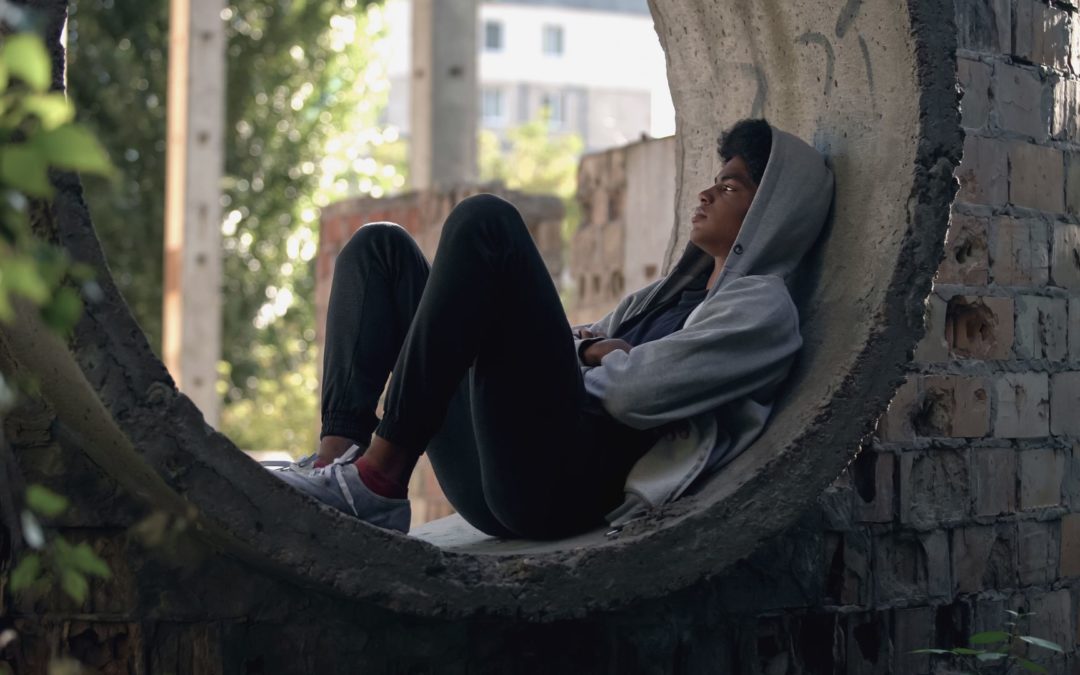Every year in the UK, people are accused of domestic abuse or violence – many of these are very real concerns and threats, and the families involved need help and support to keep everyone safe. Some of these though are false accusations, motivated by desires to escape a relationship in any way possible, or to prevent/punish an ex by taking away their access to seeing their child/ren. Other times, a truly concerned and well intentioned individual may report a concern, based on something a child has said or a behaviour/injury they have seen
If you are accused of domestic abuse, regardless of whether you believe the allegation to be true or not, it is important to make sure that you get appropriate advice and support.
What happens if you are accused?
If there are concerns raised about the safety or abuse of another, especially where there are children involved, there is a duty upon the local authority to investigate it.
Even if it goes no further than this, and investigations are dropped, depending on how many people were aware of it to begin with, you may find that it is still a difficult situation to cope with, with gossip or hostility from people who have heard about the accusation. Sadly, while many believe in ‘innocent until proven guilty’ there are also plenty who will follow the belief of ‘no smoke without fire’ and you may find it a time when you really find out who your friends are.
If you are accused and arrested, this can take place anywhere including in your own home, in front of your children, in a public place. In these circumstances, you would be taken to the police station, your DNA taken for file, and interviewed. If charges are pressed, you could end up privy to full court proceedings, and a possible conviction and prison sentence.
Therefore, if you end up in this situation and you have not committed any domestic abuse or violence, it is imperative that you seek support and advice immediately to get the support to protect yourself.
What can I do?
You are entitled to legal counsel if you are taken in to the police station – it is a good idea to make sure you ask for this. Don’t assume that you will be easily able to explain your way out of the situation, or that it is a simple misunderstanding.
Getting legal support and advice will help you to make sure that what you are saying is what you mean, and that you do not say something which is not what you mean, or which is not true. What you say in police interview is really crucial, which is why you have the right to not speak without legal representation present – there have been many domestic violence prosecutions made based solely on an admission made under interview.
Be honest with your legal advisor, so they can help you. If you only tell them half the story, and the rest comes out later on, it can leave you in a much weaker position as it can make you look like a liar, or that you are trying to hide the truth because it is not good.
Although you are likely to be incredibly upset and angry about being accused of something you have not done, it is important to try to remain calm. Demonstrating angry behaviour towards the police, social services, in court or towards your accuser will not help prove the allegations to be false, and in fact, could make them think that there is truth behind the accusations.
What happens to the person accusing me, if the allegation is proven to be false?
If a genuine concern has been raised, and is investigated but then found to be without any evidence, then nothing will happen to the person who raised it, as it has not been done out of maliciousness.
However, if someone creates a false accusation with the intention of causing harm and distress, this is a criminal offence in itself. If the accuser also tries to create false evidence to back up their claim, or lie in court, these are both also additional criminal offences which they would be charged with, if it were to be found out.
While it is normal to be angry at an ex during a relationship breakdown, or afterwards, it is not a good idea to try and falsely accuse them of something so serious, for so many different reasons. It can unfairly and permanently damage the reputation of the accused, it can potentially lead to a criminal conviction for the accuser, and it can damage the relationship between both parents and their children, causing a lot of hurt.






